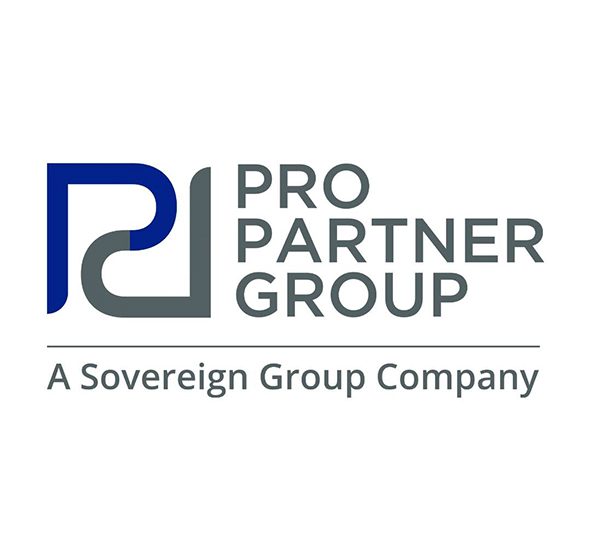PRO Partner Group Unveils Updated Company Formation Requirements in Saudi Arabia in Compliance with Latest Regulations

PPG has stated that the company formation process includes three phases: obtaining commercial registration (after document attestation), obtaining Iqama and GM (for non-GCC nationals), and external approvals which may increase the estimated timeline.
Dubai, April 28, 2023
PRO Partner Group (PPG), one of the leading company formation and corporate services providers in the Middle East, has emphasised Saudi Arabia formation requirements in line with new regulations. PPG operates in Saudi Arabia as Sovereign PRO Partner Group (Sovereign PPG).
PPG has highlighted the significance of new developments such as the new Temporary Work Visa (3-Months) – First Short Term Visa, Foreign Real Estate Ownership, Kingdom of Saudi Arabia New Companies Law, Double Taxation Treaties with over 50 countries, and the Most Recent Announcement of Four Special Economic Zones among others. In light of these new developments PPG co-hosted a seminar event with Aurifer Middle East Tax to highlight what these changes mean for incorporation and tax considerations for businesses looking to set up in the Kingdom.
In the Kingdom of Saudi Arabia, corporate income tax applies to non-GCC resident shareholders of the KSA company subject to a standard 20% corporate tax rate.
The Zakat, Tax and Customs Authority (ZATCA) is the tax authority that companies need to register with, post incorporation to ensure they are compliant with tax regulations in Saudi Arabia. Zakat applies to the shareholding percentage held by KSA nationals and nationals of other GCC countries at a rate of 2.5%.
“PRO Partner Group aims to inform and guide companies on the new company formation requirements in Saudi Arabia as per the recent regulations. PPG can guide companies to easily navigate the regulatory landscape and focus on their core business objectives” said Nazar Musa, CEO of PRO Partner Group.
For businesses looking to expand operations from UAE to KSA, the team specified what the KSA-UAE Tax Treaty defines as a Permanent Establishment (PE). PE is defined in this treaty as a fixed business location where the enterprise carries out its operations either fully or partially, including a place of management, branch, office, factory, workshop etc. The treaty also recognizes two other types of PE including a Construction PE, which refers to a building site, construction, or installation project lasting more than six months (or 12 months in the Organization for Economic Cooperation and Development Model), and a Service PE, which involves having employees on the ground providing the parent companies services for a duration exceeding 183 days within a 12-month period.
The Royal Commission for Riyadh City (RCRC) and the Ministry of Investment (MISA) collaborated to create the Regional Headquarters (RHQ), a non-operational firm that invites regional headquarters of global corporations to move to Saudi Arabia. Foreign companies who wish to enter into a contract with the KSA Government must establish their KSA entity as their “Regional Headquarters” and get a licence.
The implementation of e-invoicing is also a new development, aimed at digitising all invoices, credit, and debit notes to enhance government oversight and elevate consumer protection standards in KSA.
All these recent updates and developments are creating a more attractive environment for businesses considering moving their operations to the Kingdom of Saudi Arabia.








